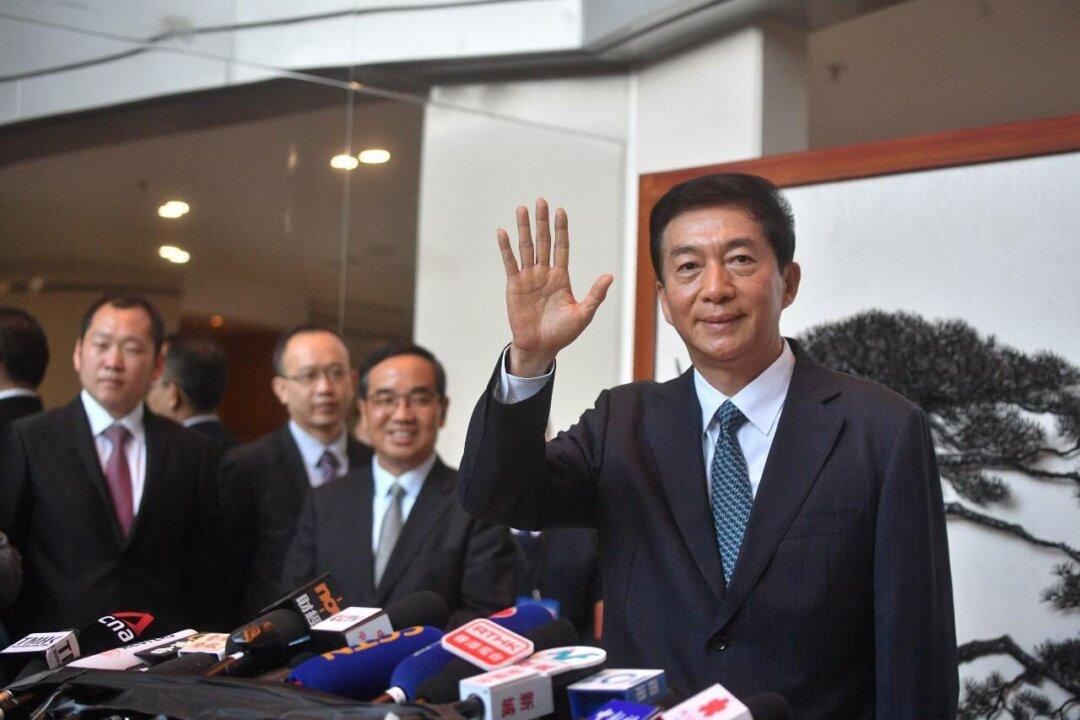The new head of Hong Kong’s Liaison Office, Beijing’s representative agency in the territory, met with local media for the first time on Jan. 6.
Commentators believe his speech suggested that Beijing authorities wish to relieve the current tense relationship with Hongkongers, but that, ultimately, they’re not going to change policies toward the city.





